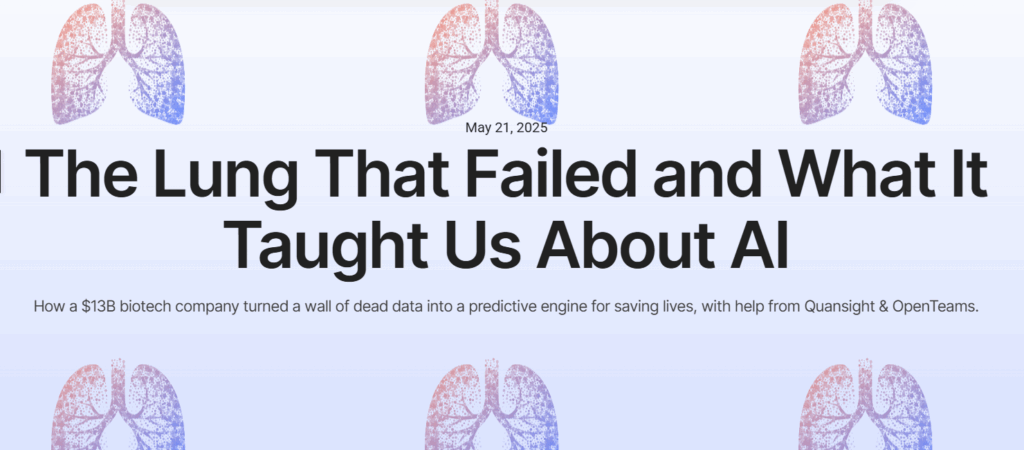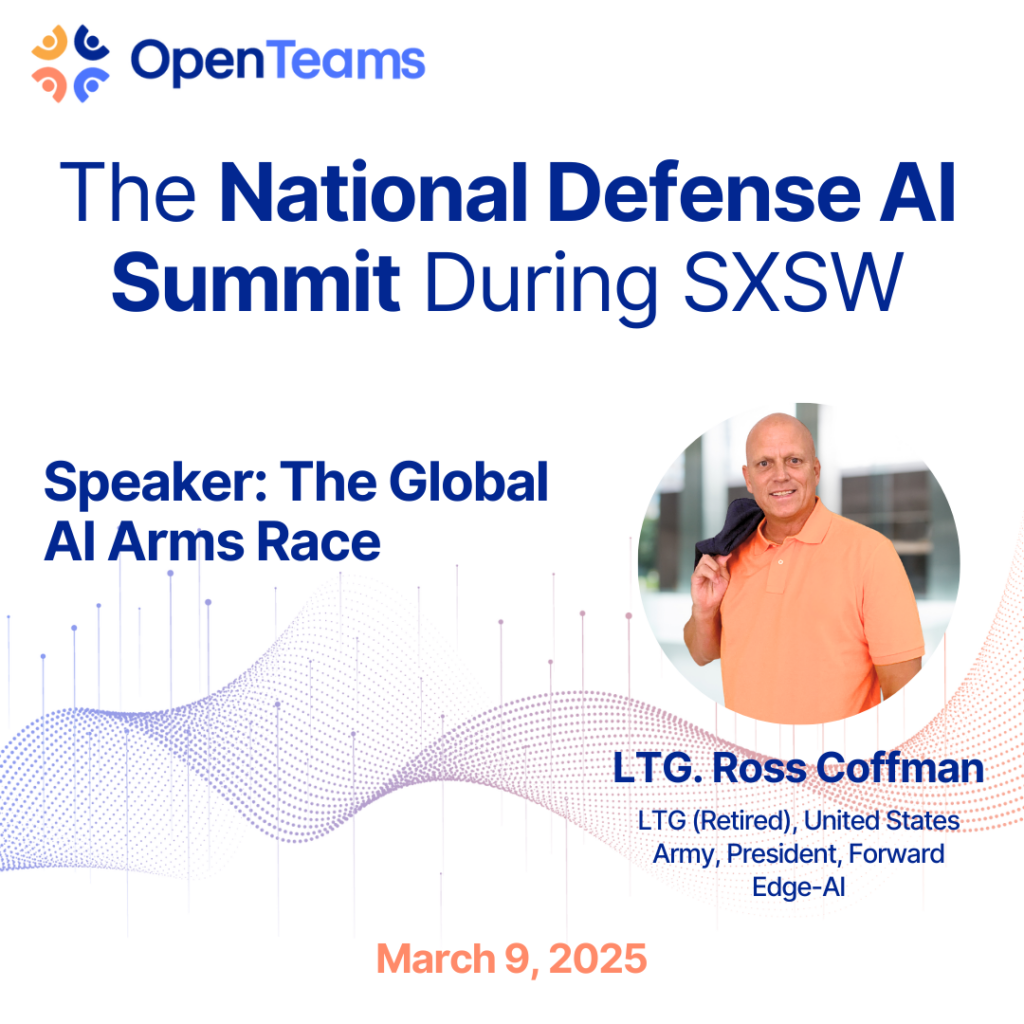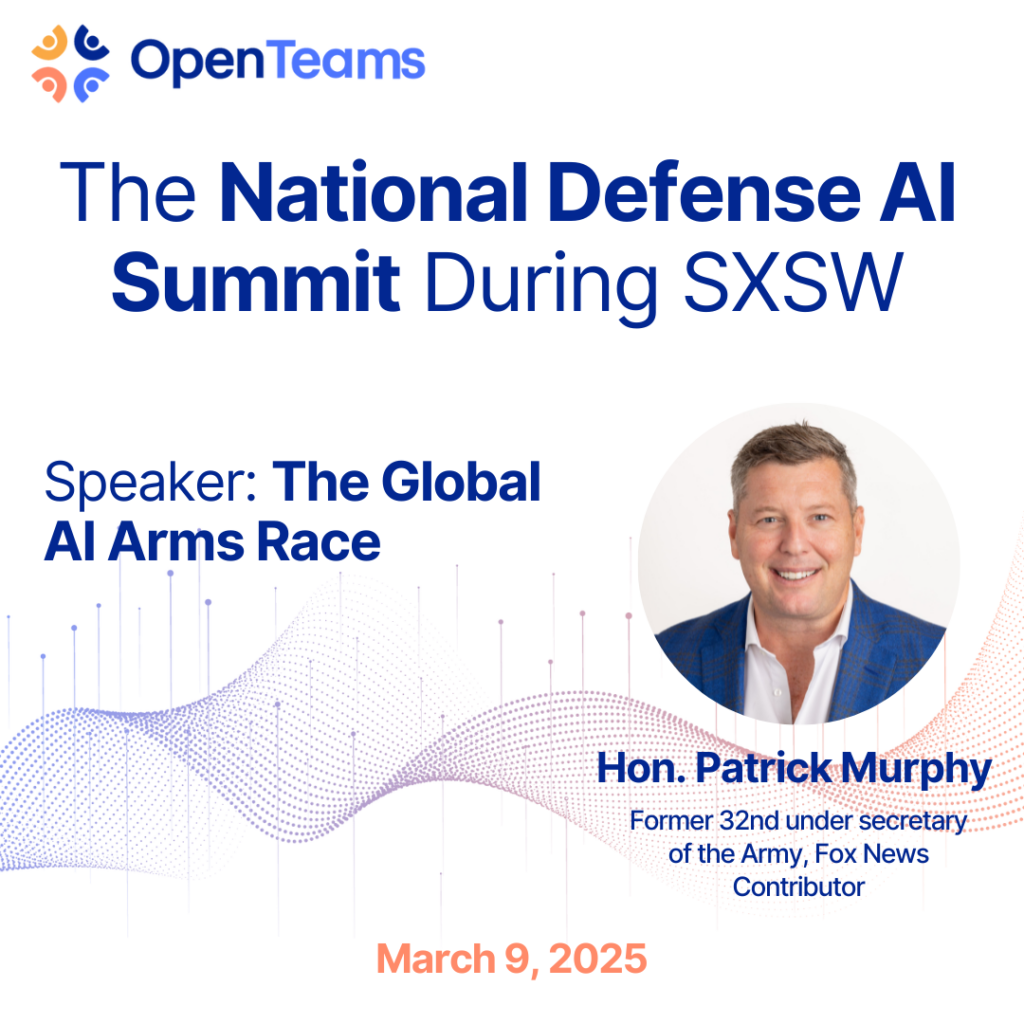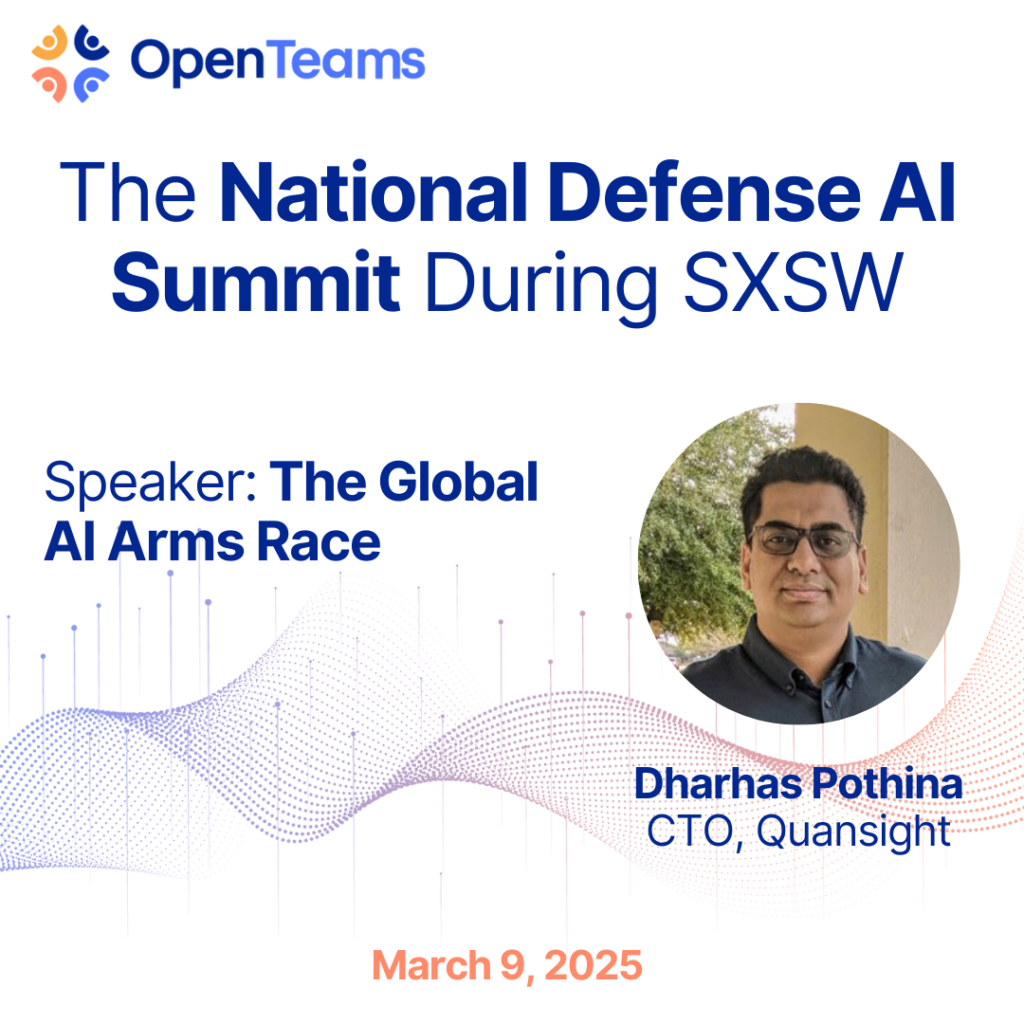
The Lung That Failed and What It Taught Us About AI
A biotech firm saved millions by turning messy data into predictions. Learn how OpenTeams helped them own their AI infrastructure, before it failed.
Why Government AI Can’t Be a Black Box
You’re a leader inside a government agency, a defense contractor, or a federal IT team trying to modernize the way decisions get made. Everyone’s talking about AI.
But here’s what no one’s telling you:
We’ve seen this story play out.
Proprietary AI tools get pitched as plug-and-play solutions. Contracts get signed. Budgets get eaten. And when things go wrong? No one can open the hood.
Now, you’ve got mission-critical decisions being made by systems you can’t audit, can’t modify, and can’t afford to rip out.
That’s not innovation.
That’s lock-in.
So what’s the move?
The narrative forgets this fact. That needs to stop. Policymakers fret over AI monopolies. Startups hesitate, believing they can’t compete. The public assumes AI is locked behind corporate firewalls.
But the reality? AI is already decentralized. The only ones pretending otherwise are the ones profiting from that illusion.
Joe Merrill—CEO of OpenTeams and one of the most trusted voices in open source infrastructure—just laid it out in plain terms:
“The future of AI should be open. Let’s make it happen.”
In his latest essay, Joe breaks down:
You don’t have to be a machine learning expert to understand what’s at stake. You just have to ask one question:
If the answer is “no,” read Joe’s article.
Then forward it to the person in your organization who still thinks vendor-controlled AI is “easier.”
The truth?
Easy isn’t safe. And safe isn’t optional.
And then let’s talk.
We’ve helped government, finance, and aerospace teams rebuild their AI stack with full control. No black boxes. No guesswork. Just results.

A biotech firm saved millions by turning messy data into predictions. Learn how OpenTeams helped them own their AI infrastructure, before it failed.



